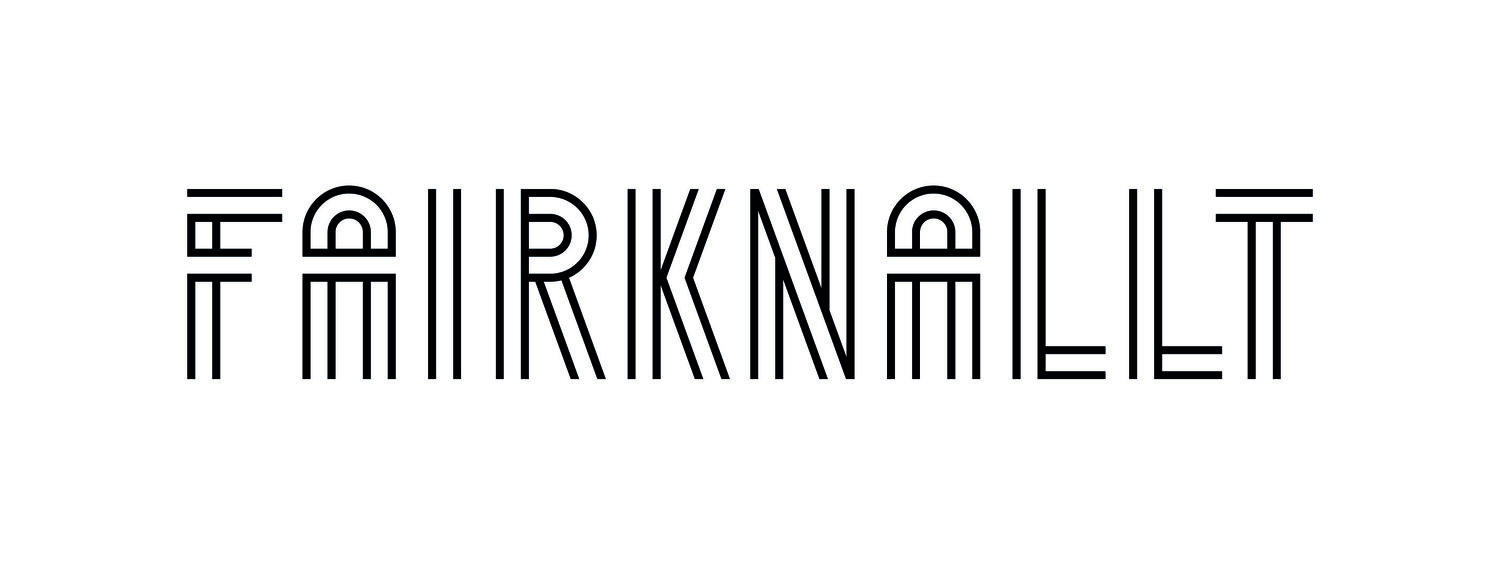HundHund
HundHund wurde aus dem Erleben der schädlichen Folgen der Modeindustrie heraus geboren. Isabel, Absolventin der UdK Berlin und Stickereiproduzentin hatte die Idee zu HundHund - gemeinsam mit Rohan, Videoproduzent für GQ und Vogue India - nachdem sie beide durch ihre Arbeit die direkten Auswirkungen erlebt hatten. Ihr Ansatz ist es dabei, nicht nur auf umweltfreundliche Materialien und faire Arbeitsbedingungen zu setzen, sondern sie verfolgen ihren eigenen Ansatz der "radikalen Transparenz". Das bedeutet, dass man im Onlineshop sehr genau nachvollziehen kann, wie viel die Produktion ein Teils wirklich kostet und wer wie viel Geld pro Produkt bekommt. Wenn man die Rechnungen studiert, die sehr detailliert vom Materialeinsatz bis zum Fotoshooting alles monetarisiert, was an Einsatz für ein Kleidungsstück nötig ist, merkt man schnell, dass 39€ für ein T-Shirt gerechtfertigt sind. Und dass ein T-Shirt für 3€ - egal wie groß die Skaleneffekte großer Unternehmen sind - realistisch nicht möglich ist, wenn Umwelt und MitarbeiterInnen gut behandelt werden sollen. Durch diesen Ansatz wird jeder Kauf eines Kleidungsstücks zu einem Lernprozess, in dem man sich immer wieder fragt, ob man wirklich etwas neues braucht - oder eben auch nicht.
Neben dem Transparenzaspekt setzt HundHund aber auch auf die klassischen Aspekte nachhaltiger Produktion. Dazu gehören neben innovativen Materialien wie Tencel oder Modal auch klassische Materialien wie Baumwolle. Hier setzt das Label auf besonders langlebige Qualitäten. Um weitere Umweltfolgen einzudämmen hat HundHund seine Produktionsstätten ausschließlich in Europa, da so nicht nur die Fairness in den Arbeitsbedingungen leichter zu kontrollieren sind, sondern auch die Transportwege der Teile reduziert und in kleinen, sinnvollen Mengen produziert werden kann. Eben so dass nur wenig Deadstock pro Kollektion entstehen kann, wenn sich ein Teil mal nicht so gut verkauft.
Das wichtigste bei HundHund ist aber das Design. Und das spiegelt einen zeitlosen Berliner Look wieder. Eine Mischung aus klassischen Teilen, wie Bügelfaltenhosen und wilderen ausgefallenen Mustern und Schnitten, wie weite Shirts und Kleider, die den klassischen Look durchbrechen und ergänzen.
HundHund was born out of experiencing the harmful effects of the fashion industry. Isabel, a graduate of UdK Berlin and embroidery producer had the idea for HundHund - together with Rohan, video producer for GQ and Vogue India - after they both experienced the direct impact through their work. Their approach is to not only focus on eco-friendly materials and fair working conditions, but they take their own approach of "radical transparency". This means that in the online shop you can see very clearly how much a part really costs to produce and who gets how much money per product. If you study the invoices, which monetise everything in great detail from the use of materials to the photo shoot, you quickly realise that 39€ for a T-shirt is justified. And that a t-shirt for 3€ - no matter how great the economies of scale of large companies are - is not realistically possible if the environment and employees are to be treated well. This approach turns every purchase of a piece of clothing into a learning process in which you ask yourself again and again whether you really need something new - or not. In addition to the transparency aspect, HundHund also focuses on the classic aspects of sustainable production. This includes innovative materials like Tencel or Modal as well as classic materials like cotton. The brand relies on particularly durable qualities. In order to limit further environmental impacts, HundHund has its production sites exclusively in Europe, as this not only makes it easier to control the fairness of working conditions, but also reduces the transport distances of the items and allows them to be produced in small, sensible quantities. The most important thing at HundHund, however, is the design. And that reflects a timeless Berlin look. A mixture of classic pieces, such as pleated trousers, and wilder, unusual patterns and cuts, such as loose shirts and dresses that break through and complement the classic look.© Hundhund

